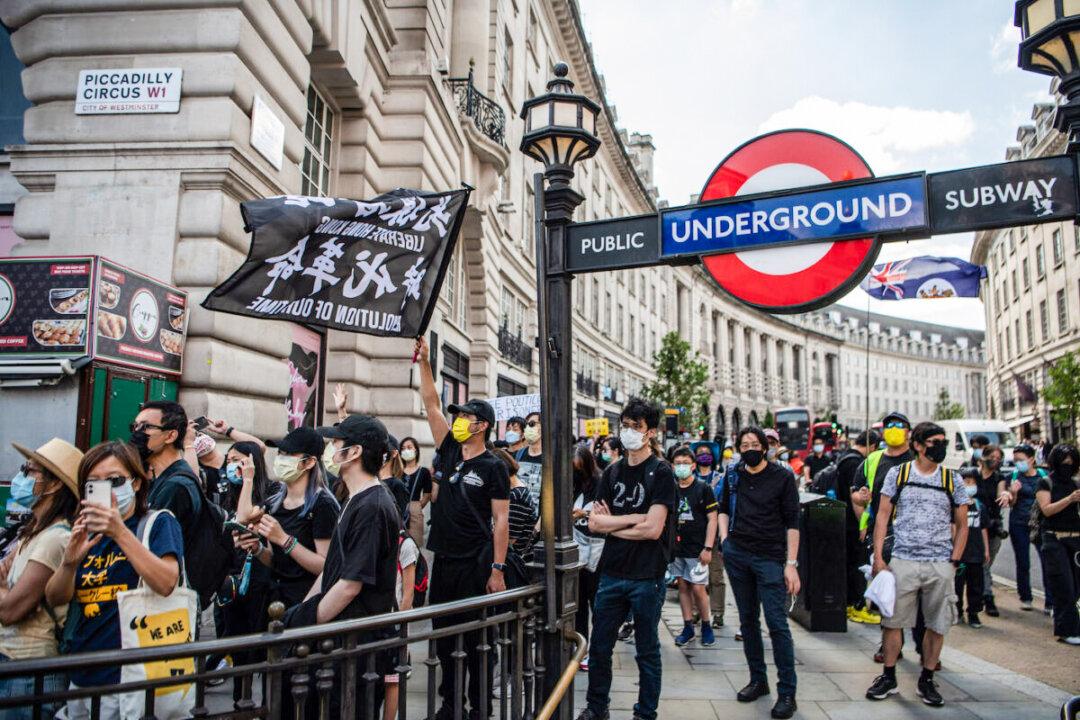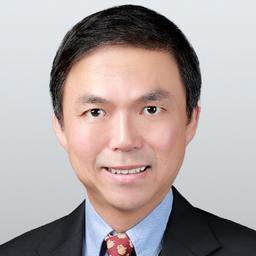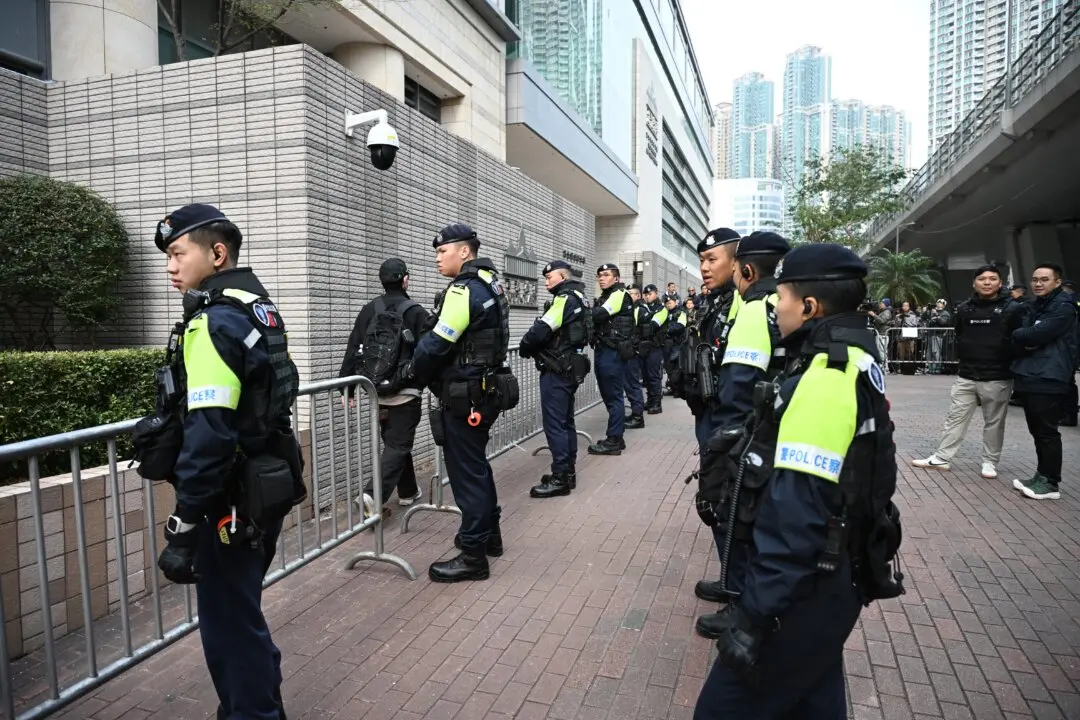Commentary
Throughout October, I have been on the road in the United States and Canada facilitating the global release of the documentary “The Hongkonger – Jimmy Lai’s Extraordinary Struggle For Freedom.” Jimmy Lai was a pro-democracy media tycoon in Hong Kong who was crushed by the island’s communist government and arrested on trumped up charges. He is currently in jail on those charges and for participating in the pro-democracy demonstrations.





